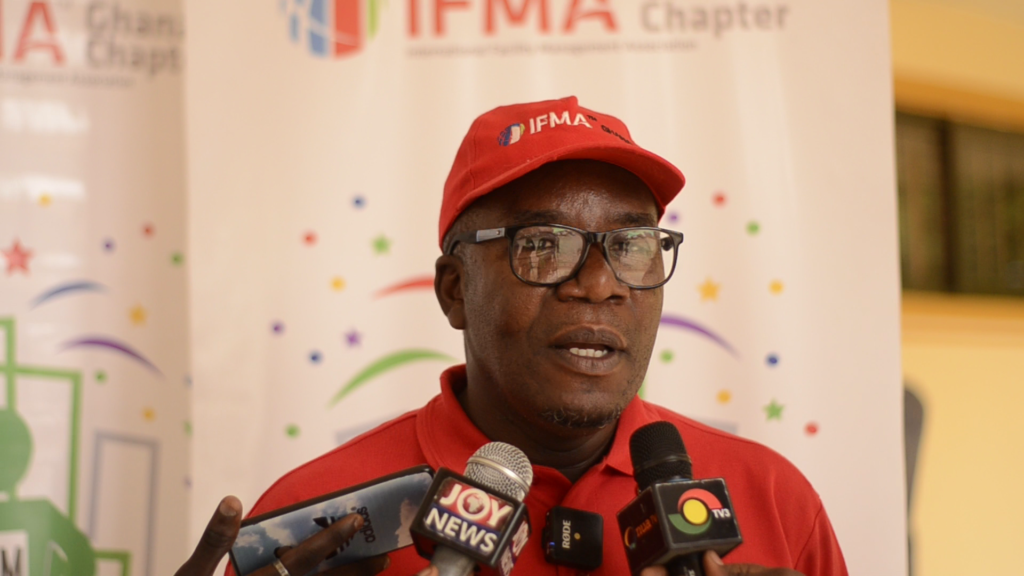[ad_1]
Poor enforcement of building codes, patronage of substandard building materials and influx of unqualified contractors have been identified as factors contributing to recent collapse of buildings in the country.
The Ghana chapter of the International Facility Management Association (IFMA) says institutions are failing in their mandate to enforce standards.
Within the past week, the country has recorded at least five building collapses, the latest being a church facility which collapsed on construction workers at Kasoa Bortianor near Accra.
In such incidents, lives are lost, injuries sustained, while investments are wasted.

President of the IFMA Ghana Chapter, Sampson Opare-Manu attributes the spate of building collapses to substandard building materials on the market, unqualified personnel, non-supervision and the changing climate.
He is worried about poor supervision of constructions.
“We have institutions who are not doing their work. When people obtain building permits and go to site to build, they must implement what the drawing states. Professionals from the assembly must also go around and ensure people are complying with building permit. But most at times they permits are given through dubious means. When we go to site too, there are not professionals to monitor their implementation. Now we have substandard materials on the market. What is the Ghana Standards Authority doing?,” he said.
Vice Dean of the Faculty of Built Environment – KNUST, Professor Emmanuel Adinyira, believes empowering supervisory institutions would sanitize the building and construction industry.
“There are a lot of quarks in the system and the lack of proper control over the industry. Although some of the measures are already being implemented, we must toughen the laws and empowering the institutions to have more control. There is currently discussions on Construction Industry Development bill once that is passed we will see a body that can sanitize the industry,” he said.
Facility managers and the academic joined other global actors to mark the World FM Day in celebration and recognition of facility managers and the entire facility management profession.
Provost of the College of Art and Built Environment – KNUST, Professor John Tiah Bugiri wants the institution of policies to increase professionalism in the built industry.
He believes collaboration between academia and industry could bridge challenges befalling the sector.
“We must work together to promote the growth of our industry and make the real difference in the world. The real difference will be a function of the extent to which we are able to fill the gaps. Notwithstanding the enormity of the task ahead of us as facility management professionals, I believe we can all rise to the occasion. We can all demonstrate that as Facility Management professionals and the skills you’ve developed as FM practitioners we are more than capable of filling the gaps,” he said.
Ghana presently has only 277 Facility Management Professionals.
Dr. Anthony Adjei-Twum of the Department of Land Economy KNUST says the academic must strengthen research to meet industry demands as well as the inclusion of Facility Managers in an organisation’s structure.
“Facility managers are normally left out of the construction team. They are the people who manage the facility for the entire life span of it. If someone is going to manage a facility and he’s not part of the design and he’s not giving any advice how is he going to manage the facility. It is very important Facility managers are included at the beginning and not at the management level only,” he said.
The 2023 World Facility Management Day was held on the theme “Facility Management Making a Real Difference in Ghana”.
DISCLAIMER: The Views, Comments, Opinions, Contributions and Statements made by Readers and Contributors on this platform do not necessarily represent the views or policy of Multimedia Group Limited.
[ad_2]
Source link


